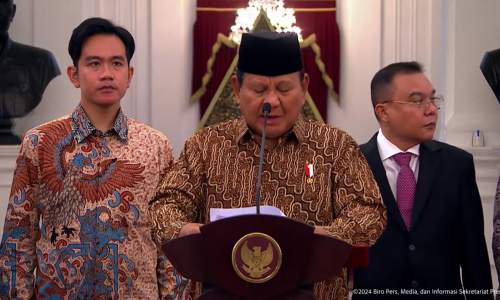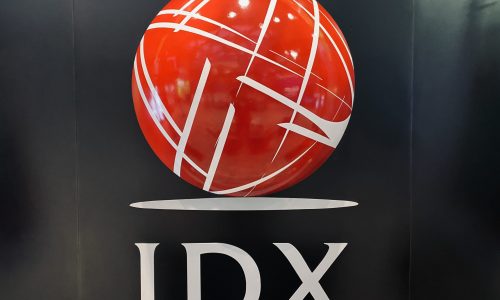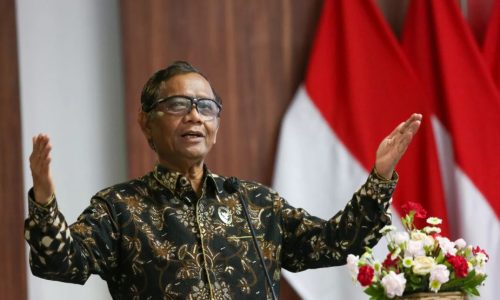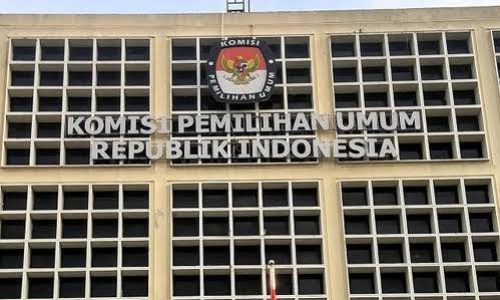The Ministry of Finance recorded the government’s debt position in January 2024 at Rp8,253.09 trillion or equivalent to 38.75 percent of gross domestic product (GDP).
The amount of debt at the beginning of 2024 again set a record high of all time. The debt position at the beginning of the year increased compared to the position at the end of December 2023, which amounted to Rp8,114.69 trillion.
The ministrt said the recorded debt ratio in January 2024 is still below the safe limit of 60 percent of GDP as stipulated in Law No. 17/2003 on State Finances and better than the one set through the 2024-2027 Medium-Term Debt Management Strategy in the range of 40 percent.
“The debt portfolio management plays a major role in maintaining overall fiscal sustainability. Therefore, the government consistently manages debt carefully and measurably by maintaining optimal interest rate, currency, liquidity, and maturity risks,” the Finance Ministry said in the Our State Budget Book February 2024 Edition as quoted on Tuesday, February 27, 2024.
When broken down, the majority of government debt in January 2024 came from domestic debt with a proportion of 71.60 percent. Furthermore, based on instruments, the composition of government debt mostly consists of Government Bonds (SBN) reaching 88.19 percent.
Furthermore, as of the end of January 2024, financial institutions held about 45.9 percent of domestic SBN ownership, consisting of 27.4 percent from banks and 18.5 percent from insurance companies and pension funds. The ownership of domestic SBN by the Indonesian Central Bank (BI) is around 18.7 percent, used as a monetary management instrument.
Foreign ownership is only around 14.8 percent, including ownership by foreign governments and central banks. The finance ministry also said that individual investor ownership of domestic SBN has been steadily increasing since 2019, from just under 3 percent to 7.7 percent by the end of January 2024.
This is in line with the government’s efforts to expand the investor base, financial inclusion, and increase financial literacy among the public,” the ministry stated.
Furthermore, the remaining ownership of domestic SBN is held by other domestic institutions to meet investment needs and financial management of the respective institutions.









